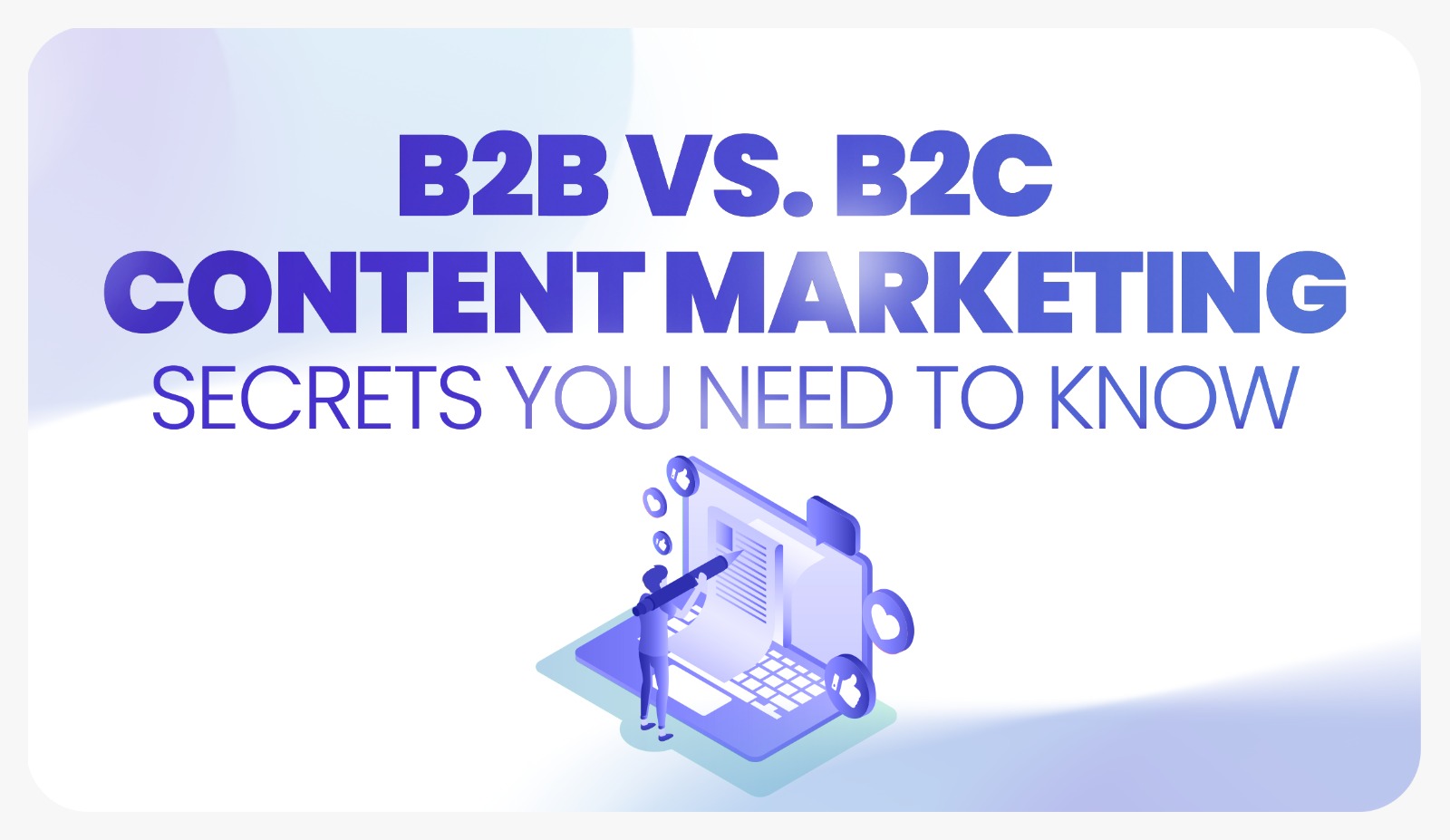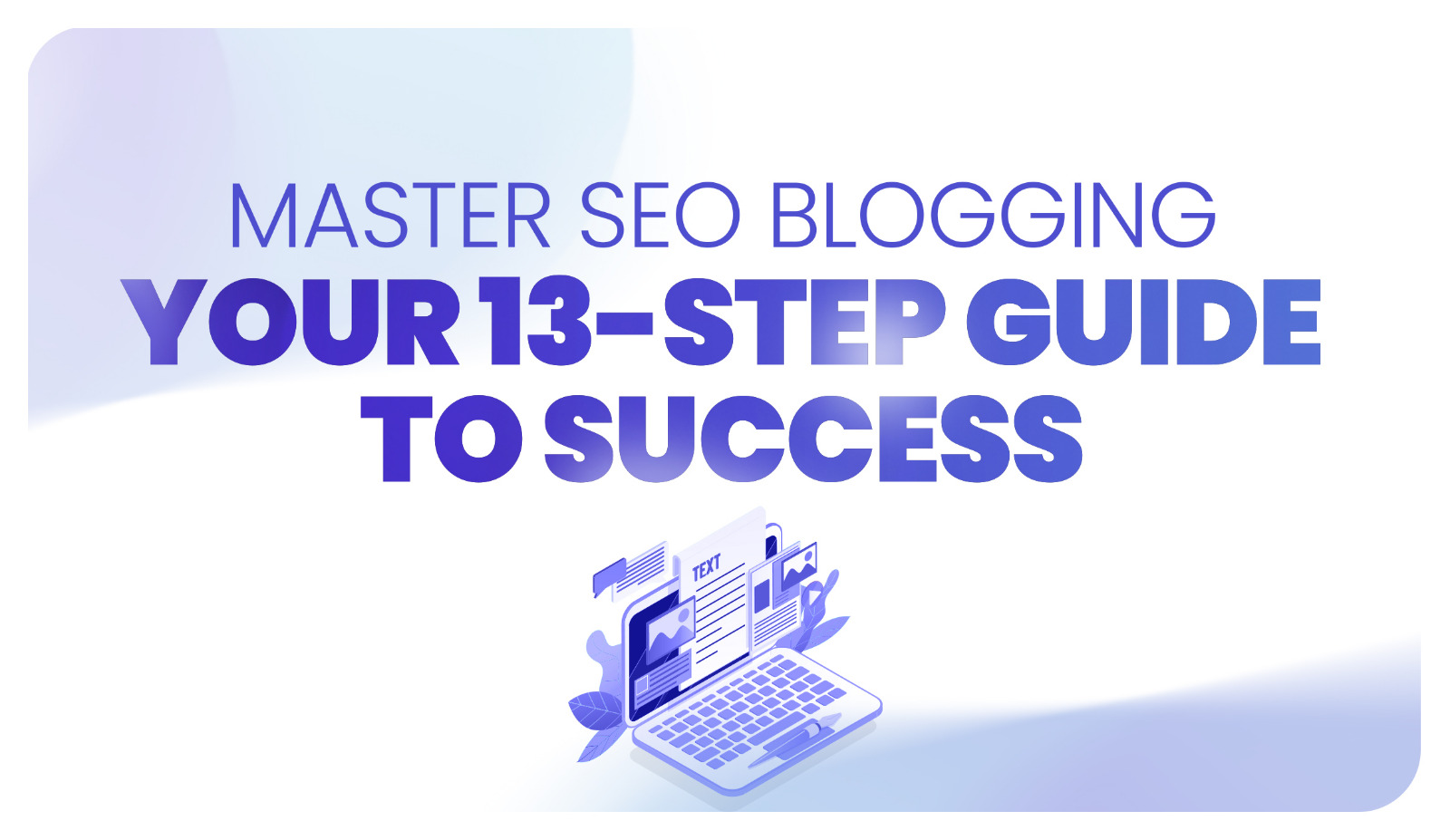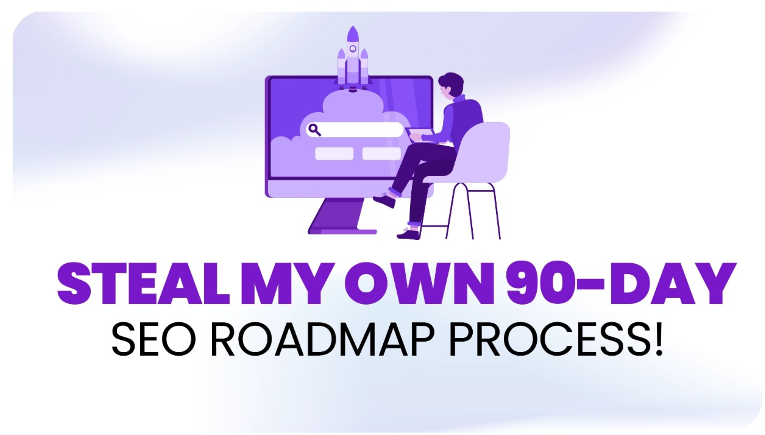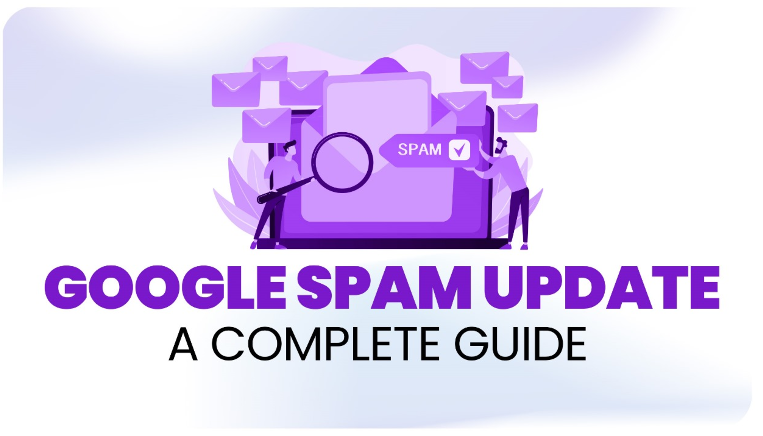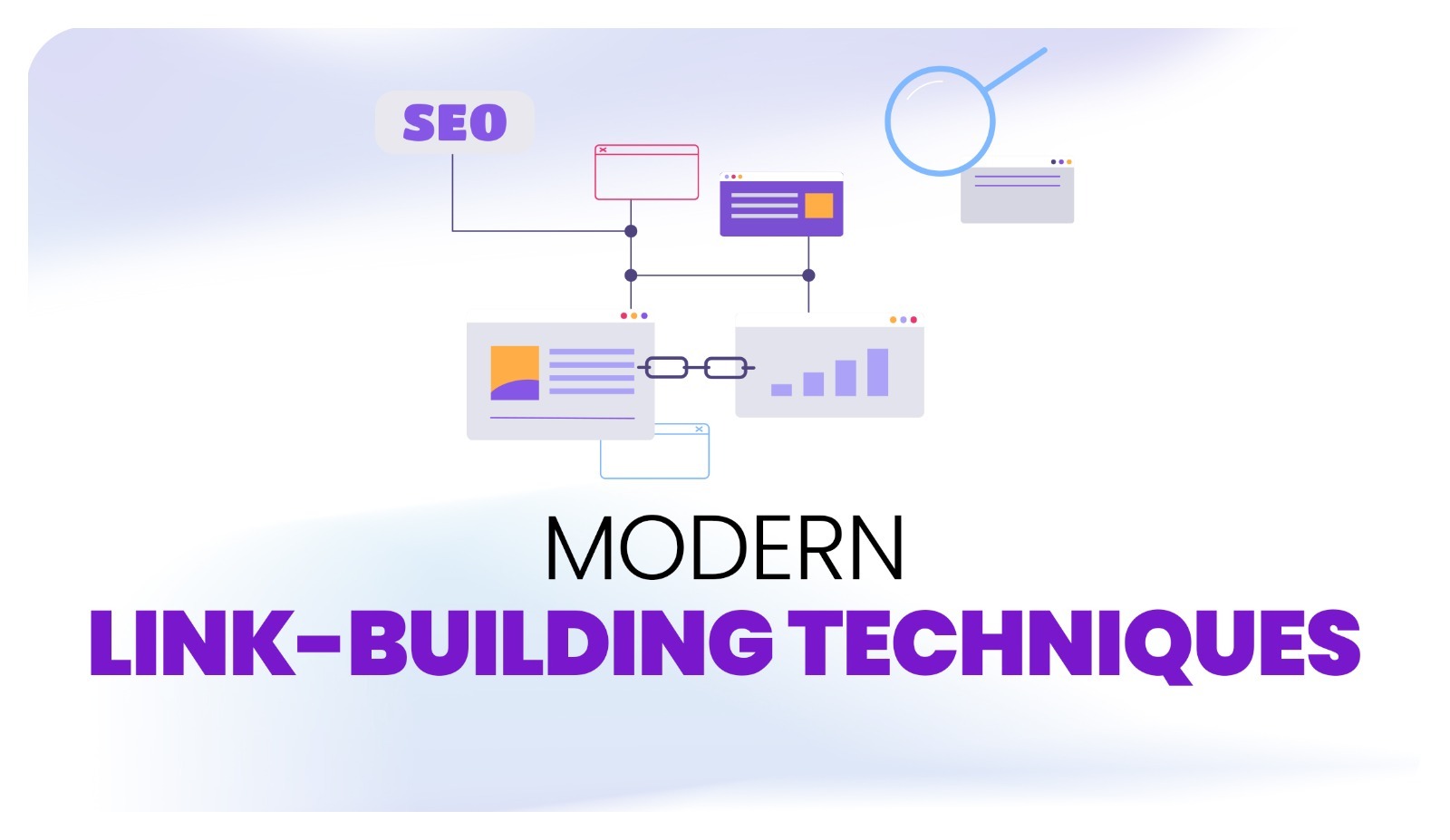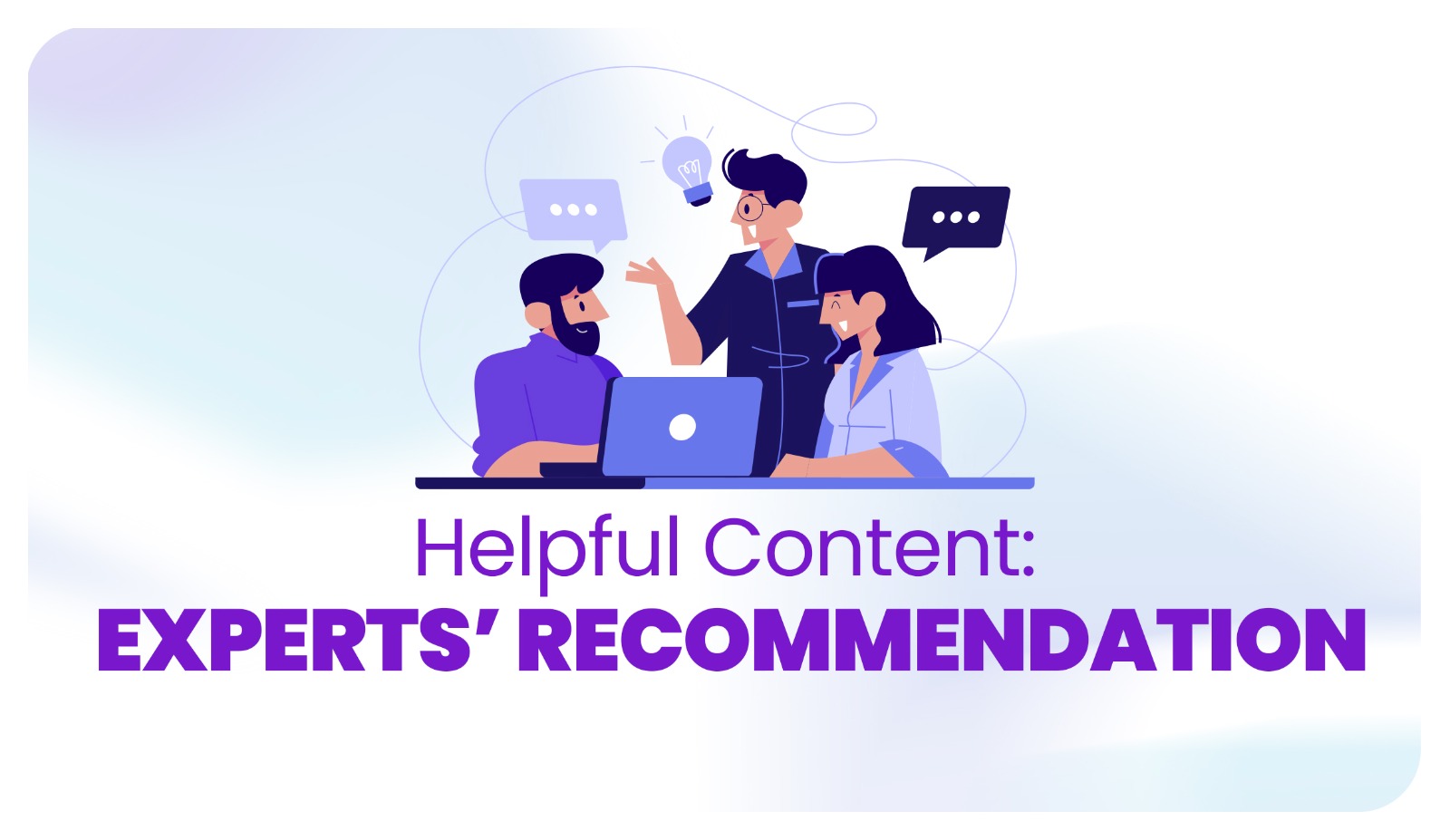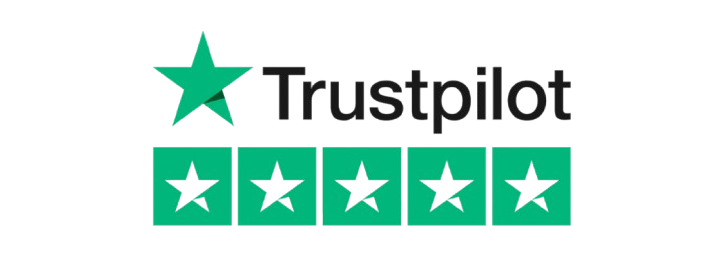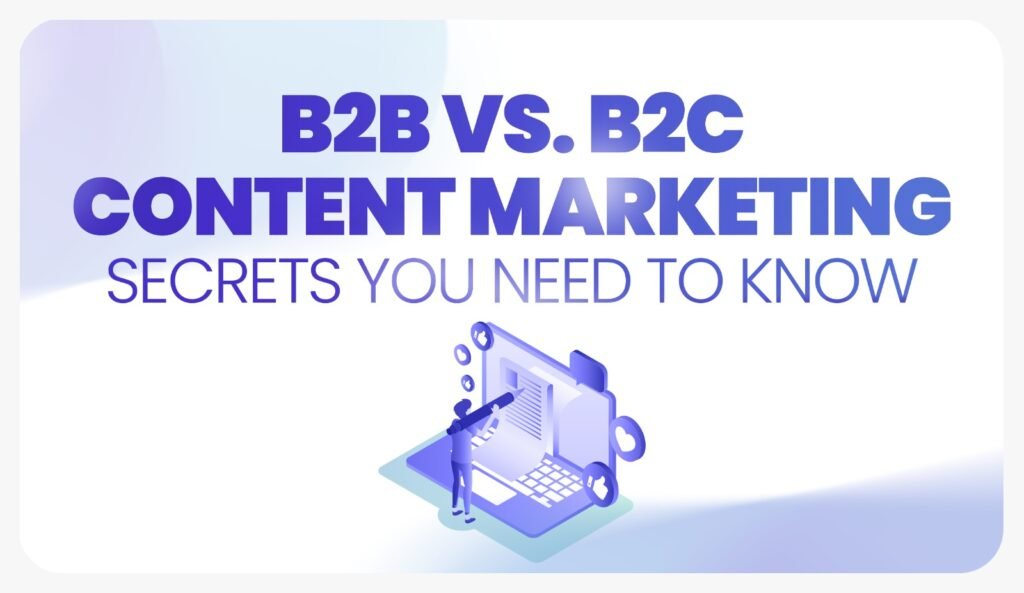
Imagine you’re at a lively party, and you notice two distinct groups having conversations. One group is a mix of friends sharing fun stories, laughing, and taking selfies. The other group is more focused, discussing business strategies, sharing industry insights, and exchanging contact information. Welcome to the world of B2C and B2B content marketing!
While B2C companies have long mastered the art of captivating broad audiences with engaging and shareable content, B2B companies have only recently jumped on the content marketing bandwagon. This shift is long overdue, considering how crucial content marketing should be in any B2B marketing strategy. But why is content marketing so important for B2B companies?
Let’s have a look into this essential topic and uncover the significant differences between content marketing for B2B and B2C.
B2B vs B2C Content Marketing: Key Differences and Strategies
B2C companies are known for killing it with their content. While B2B has only recently jumped on the train, content marketing should always have been a crucial part of their marketing strategy. Let’s dive into why content marketing is important for B2B companies and explore the real differences between content marketing for B2B and B2C.
Why is Content Marketing Important for B2B Companies?
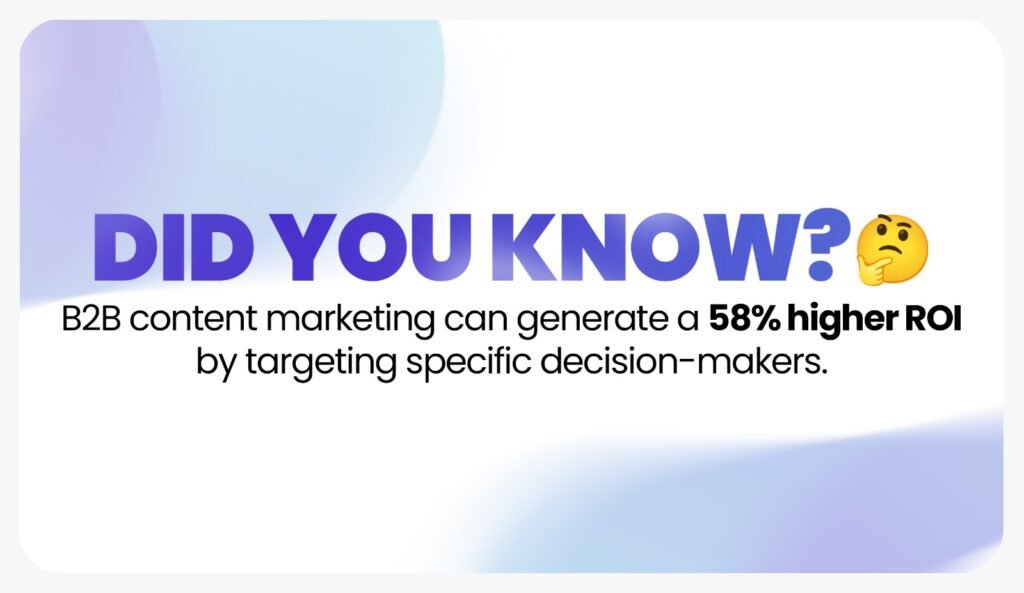
It’s simple: content marketing can generate GREAT ROI. In 2023, 58% of B2B marketers used content marketing to increase sales and revenue. A prime example of this is Backlinko, which has effectively utilized content marketing for traffic, brand awareness, lead generation, and revenue.
Thanks largely to their strategies:
- Their site brings in 859,703 visitors every month. (Source semrush.com)
- This traffic has helped them build an email list of 173,674 total subscribers.

Traffic and leads are great, but what about sales? That’s the real power of content marketing in the B2B space. When you consistently publish top-notch content, people see you as the go-to leader in the space, making them more likely to buy from you.
Real Differences Between B2B and B2C Content Marketing
Different Audiences
With a B2C company, your audience is usually broad. Basically, anyone might buy your product. However, in B2B, the audience for your content is much more focused. Specifically, your content needs to target key decision-makers who work at the businesses you serve.
For example, Monday.com is a B2B business that sells project management software. Its blog is tailored to people within organizations (like CMOs) who decide whether or not to invest in software for planning and scheduling content.
Different Distribution
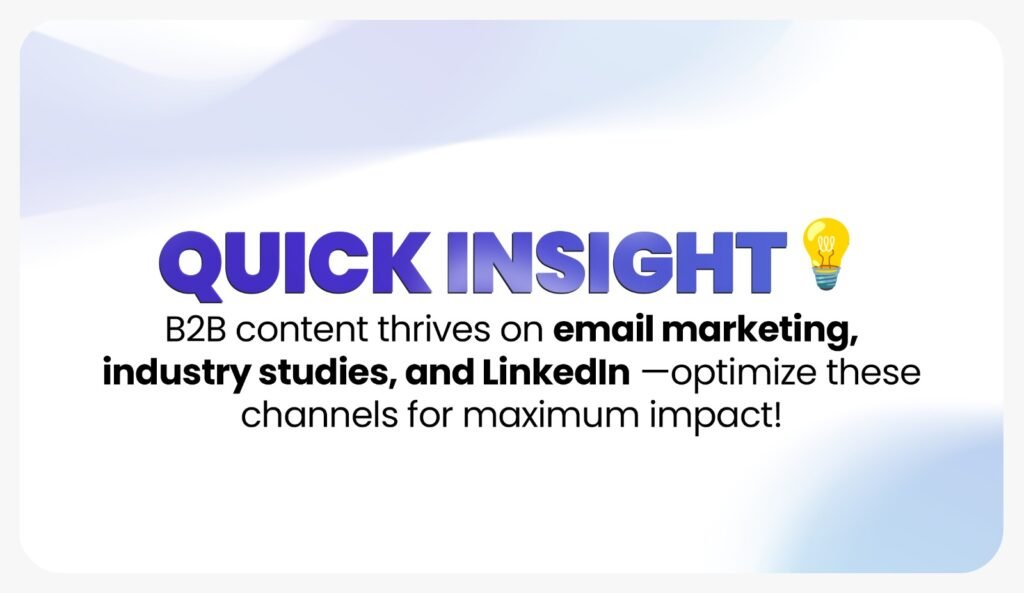
A business that sells vases can crush it on Pinterest, but that’s probably not the best social media platform for a B2B business that sells CRM software. Why? B2B content doesn’t get shared on social media as much.
Instead of X (formerly Twitter) and Facebook, B2B businesses tend to distribute their content via email marketing, conferences, search, and their own websites.
Different Formats
B2B companies tend to rely on a specific set of content formats: email, blog content, webinars, case studies, and PDF whitepapers. In contrast, B2C content is often more emotional and fun, utilizing formats like social media posts, videos, and shareable content.
Key Contrasts
- Approach:
- B2C Content Marketing: Targets broad, high-volume terms.
- B2B Content Marketing: Targets high CPC, low-volume terms.
- Audience:
- B2C: General audience.
- B2B: Specific decision-makers within companies.
- Social Media:
- B2C: Super important.
- B2B: Only really relevant on certain networks (e.g., LinkedIn).
- Content Style:
- B2C: Can be emotional and fun.
- B2B: Tactical and practical.
B2B Content Marketing Strategies
- Publish Industry Studies: Industry studies generate backlinks and SEO value. For example, Backlinko’s organic click-through rate study.
- Send Out Weekly Newsletters: Email newsletters nurture leads and build brand awareness.
- Test Out LinkedIn Content: LinkedIn has high organic reach and is effective for B2B content.
- Invest in B2B Video Content: Videos are highly valued by tech-focused B2B buyers.
- Promote Your Content with Email: Targeted outreach and email newsletters drive traffic to content.
- Focus on Commercial and Transactional Intent Keywords: Target keywords that potential customers search for with intent to purchase.
- Create Complete Guides: Comprehensive guides rank well in Google and attract backlinks.
- Find Fresh Topic Ideas: Use online communities and forums to generate content ideas.
B2C Content Marketing Strategies
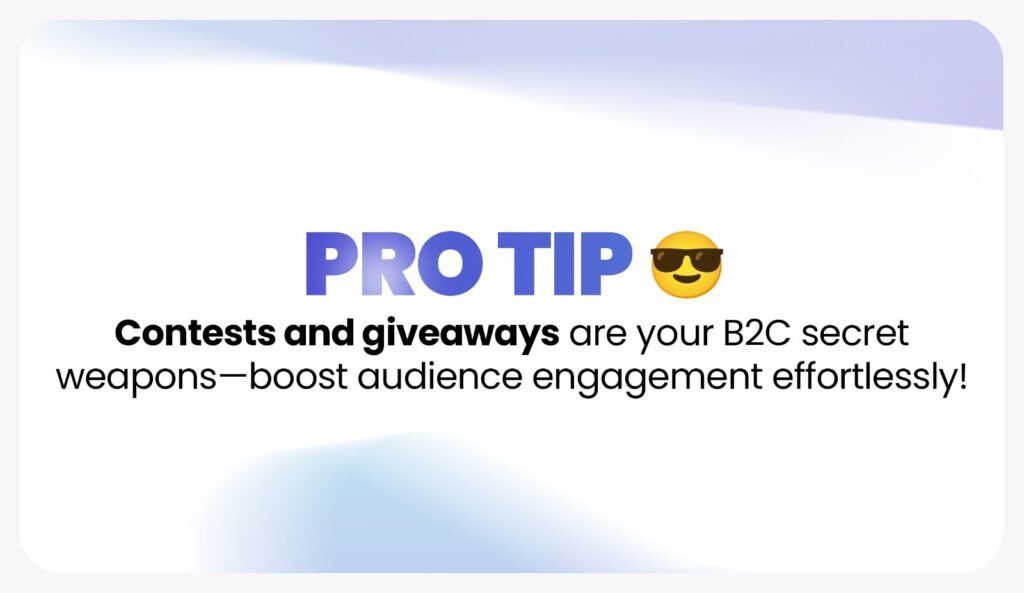
- Leverage Social Media Platforms: Engage with your audience on popular social media channels.
- Create Shareable Content: Focus on emotional and entertaining content that can go viral.
- Use Influencer Partnerships: Collaborate with influencers to reach a broader audience.
- Run Contests and Giveaways: Boost engagement and grow your audience with interactive campaigns.
- Implement User-Generated Content: Encourage customers to share their experiences with your products.
- Optimize for Mobile: Ensure your content is easily accessible on mobile devices.
- Focus on Customer Reviews and Testimonials: Build trust and credibility with positive customer feedback.
- Use Video Marketing: Create engaging videos that showcase your products and brand story.
Conclusion
Understanding the key differences and strategies between B2B and B2C content marketing is essential for crafting effective content that resonates with your target audience. B2B content marketing focuses on targeting specific decision-makers, using practical and tactical content formats, and leveraging channels like email and LinkedIn. On the other hand, B2C content marketing thrives on broad audience appeal, emotional and entertaining content, and strong social media presence.
By adopting the right strategies and formats, both B2B and B2C companies can maximize the ROI of their content marketing efforts and build strong, lasting connections with their audiences.

